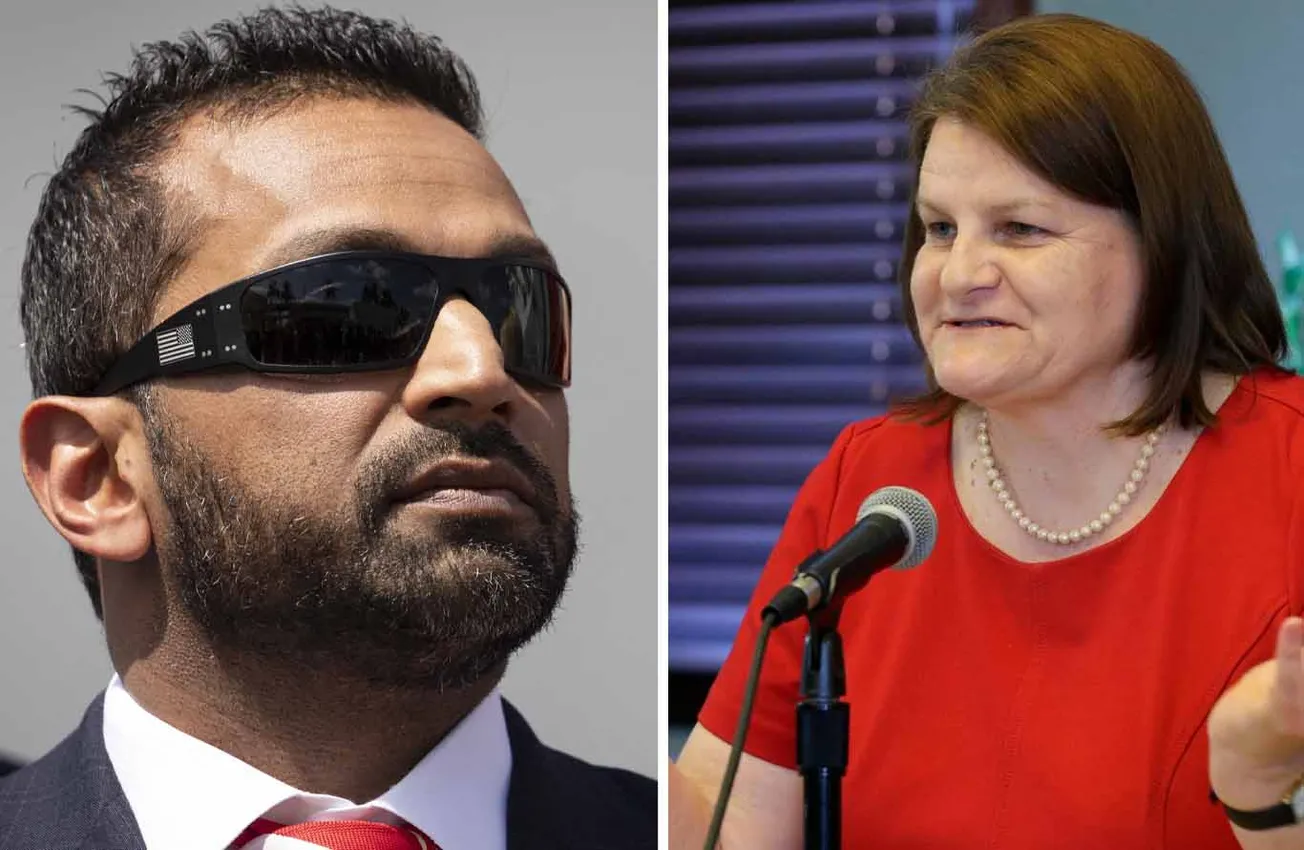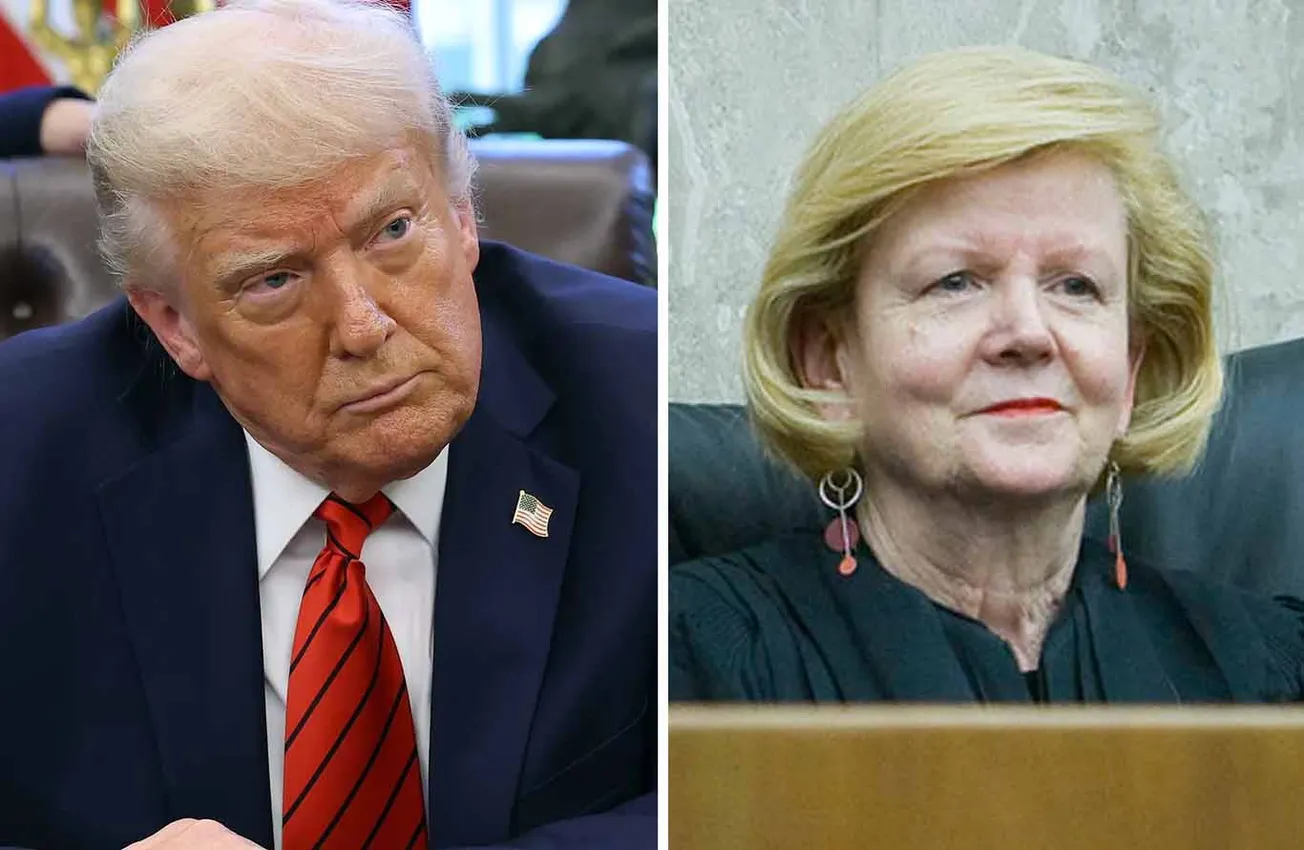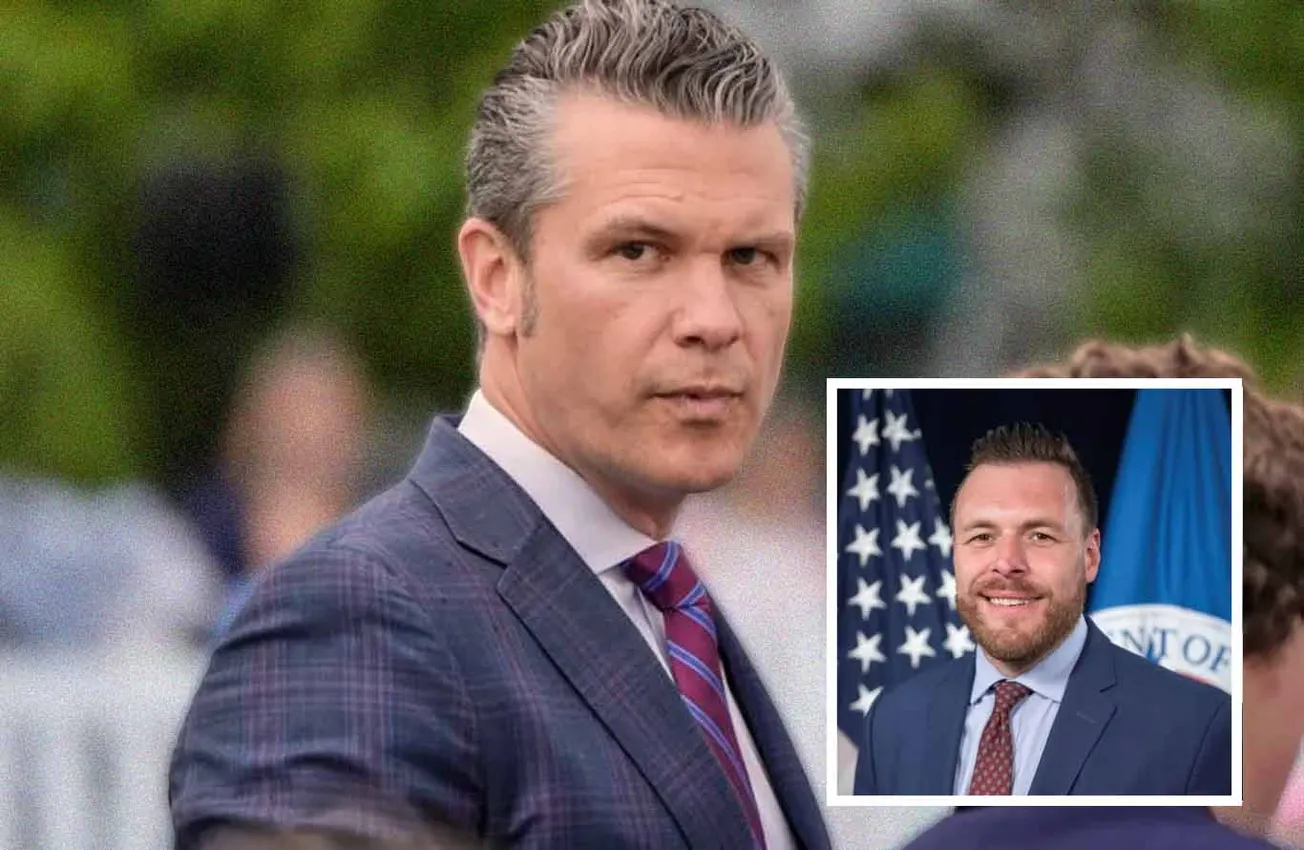The ongoing war between Ukraine and Russia is a tragedy of immense proportions, a conflict that has claimed countless lives, displaced millions, and destabilized a region. While Ukraine is undeniably the victim of aggression and territorial violation, the road to this crisis is paved with decades of geopolitical maneuvering, missteps, and provocations that demand a clear-eyed analysis.
Ukraine: The Victim of Unprovoked Aggression
Russia’s actions—annexing Crimea in 2014, backing separatists in the Donbas, and launching a full-scale invasion in 2022—are blatant violations of international law. Ukraine, a sovereign nation, has every right to defend itself against these incursions. Its people have shown extraordinary resilience and courage in the face of such overwhelming odds.
But being the victim does not mean the conflict exists in a vacuum. The roots of this war stretch beyond February 2022, and understanding them is critical to both resolving the crisis and preventing future ones.
NATO, the U.S., and Two Decades of Provocation
For over 20 years, NATO has expanded eastward, incorporating countries that were once part of the Soviet sphere of influence. While NATO and its member states frame this expansion as a voluntary alignment with democratic values, Russia has viewed it as a direct threat to its security. For Moscow, the prospect of Ukraine—a key buffer state—joining NATO was an unacceptable red line.
The U.S. has also played a significant role in this dynamic. Successive administrations have supported policies that, intentionally or not, heightened tensions with Russia. From withdrawing from arms control treaties to stationing troops and missile systems in Eastern Europe, these actions contributed to a sense of encirclement in Moscow. None of this justifies Russia’s aggression, but it underscores the complexity of the geopolitical chessboard that led to war.
Military Aid: Supporting Ukraine Without Victory
The West’s response to Russia’s invasion has been to supply Ukraine with financial aid, weapons, and training. While this support is crucial to Ukraine’s ability to defend itself, it has often been criticized as inadequate for achieving a decisive victory. Instead, the aid seems calibrated to prevent Ukraine’s outright defeat while avoiding a level of escalation that could draw NATO directly into the conflict.
This half-measure approach prolongs the war, increasing the human cost without providing a clear path to resolution. It raises the uncomfortable question of whether the U.S. and its allies are committed to Ukraine’s victory or merely to maintaining the status quo of a prolonged stalemate.
The Shadow of Corruption: Money Laundering Allegations
Amid the billions of dollars flowing from the U.S. to Ukraine in aid, accusations of money laundering and corruption have cast a troubling shadow over the conflict. Critics point to the lack of robust oversight mechanisms, raising concerns that taxpayer funds meant for Ukraine’s defense and humanitarian needs are being siphoned into unaccountable channels. Ukraine’s history of political corruption only amplifies these fears, as does the sheer scale and speed of the aid being distributed.
Adding to the controversy, some allege that U.S. politicians and their allies may be profiting from the war through lucrative defense and reconstruction contracts. The collapse of the cryptocurrency exchange FTX, reportedly used by Ukraine to manage donations, has only deepened skepticism, with questions swirling about whether aid money was misappropriated or mismanaged.
These accusations, while still under investigation, highlight the urgent need for transparency. Without clear accountability, the misuse of funds risks undermining public trust and tarnishing the very principles behind supporting Ukraine’s sovereignty. For the sake of both nations, it is essential to ensure that aid serves its intended purpose, rather than becoming a vehicle for corruption.
The Military-Industrial Complex: Profit and Policy
Overlaying this entire conflict is the role of the military-industrial complex. The defense industry, with its lucrative contracts for arms production and post-war reconstruction, stands to benefit immensely from the continuation of hostilities. Companies with ties to government policymakers hold a finger on the scale, influencing decisions that prioritize profits over peace.
Reconstruction contracts for Ukraine are already being discussed, despite the war’s uncertain conclusion. The intertwining of defense contractors and policy decisions raises ethical concerns about whether economic incentives are prolonging a war that should be brought to an end.
Escalation: Missile Strikes and the Risks Ahead
Recent decisions by the Biden administration—or by those influencing its foreign policy—have marked a dangerous escalation. Authorizing Ukraine to use long-range missiles capable of striking deep into Russian territory risks widening the conflict. While these actions are framed as deterrence, they also carry the potential to provoke a more severe response from Moscow.
This escalation underscores the precarious balance of aiding Ukraine while avoiding direct confrontation with Russia. The stakes are alarmingly high, and miscalculation could lead to a broader conflict with catastrophic consequences.
Charting a Path Toward Peace
The Ukraine-Russia war must end, but doing so requires more than moral outrage or military aid. It demands a sober reckoning with how we arrived here. While Ukraine deserves every ounce of support in its fight for sovereignty, we must also confront the roles played by the U.S., NATO, and economic interests in stoking the fires of this conflict.
Peace will require not only the cessation of Russian aggression but also a commitment by all parties to address the underlying causes of instability. Only by being honest about these dynamics can we hope to resolve this crisis and prevent similar tragedies in the future.
This is not a war with easy answers or simple villains. It is a human catastrophe shaped by a tangled web of history, politics, and power. A clear-eyed perspective is not just helpful—it’s essential. For Ukraine, for global stability, and for the countless lives still hanging in the balance, we must approach this conflict with the seriousness it deserves.
Please leave your opinions / comments on these stories below, we appreciate your perspective!









